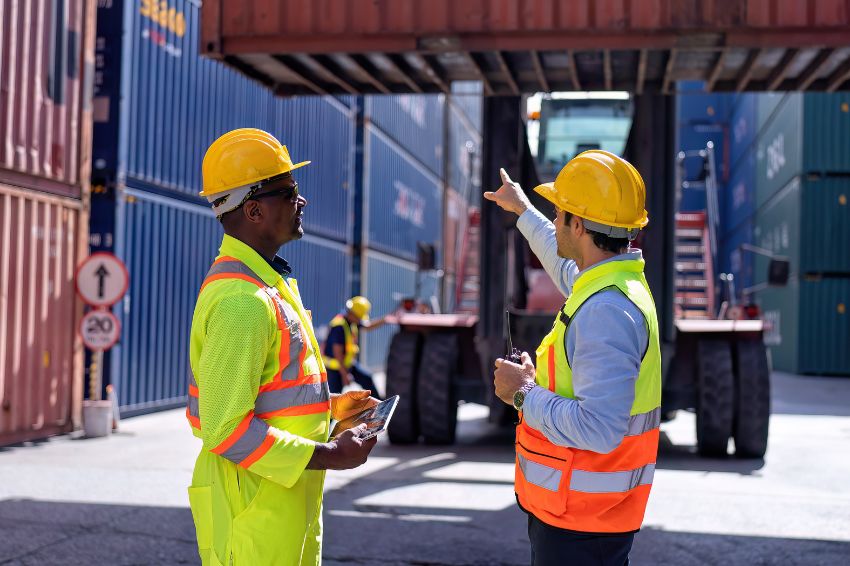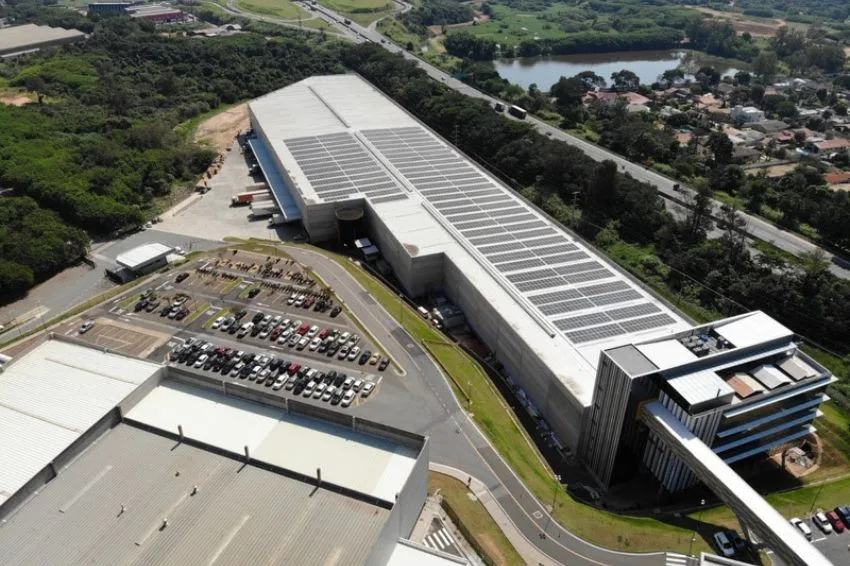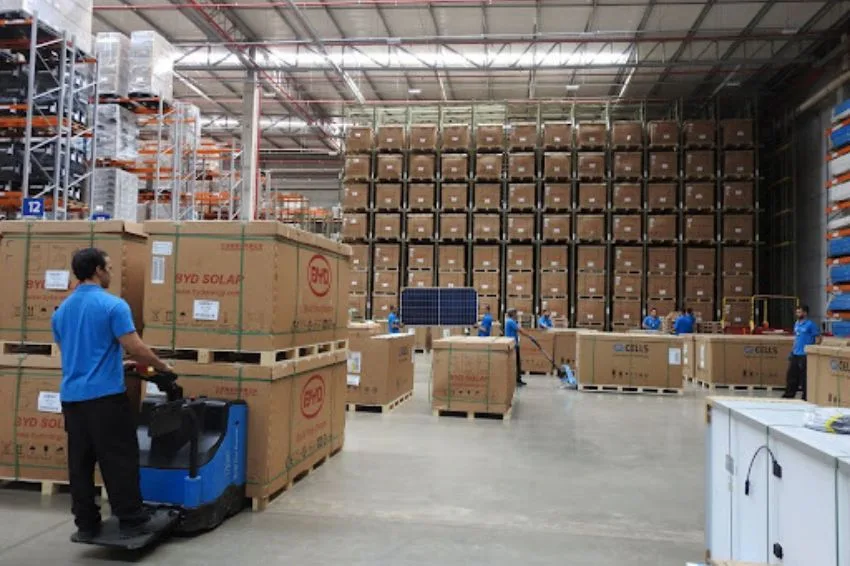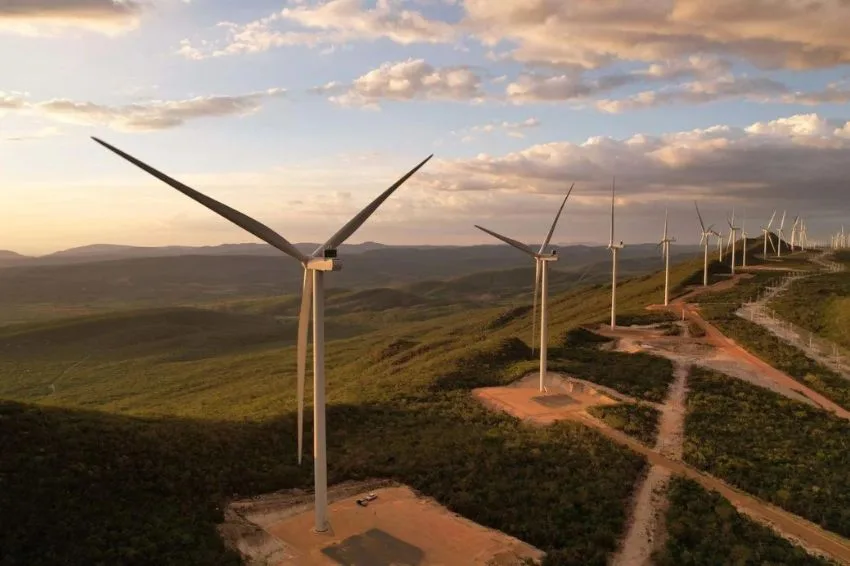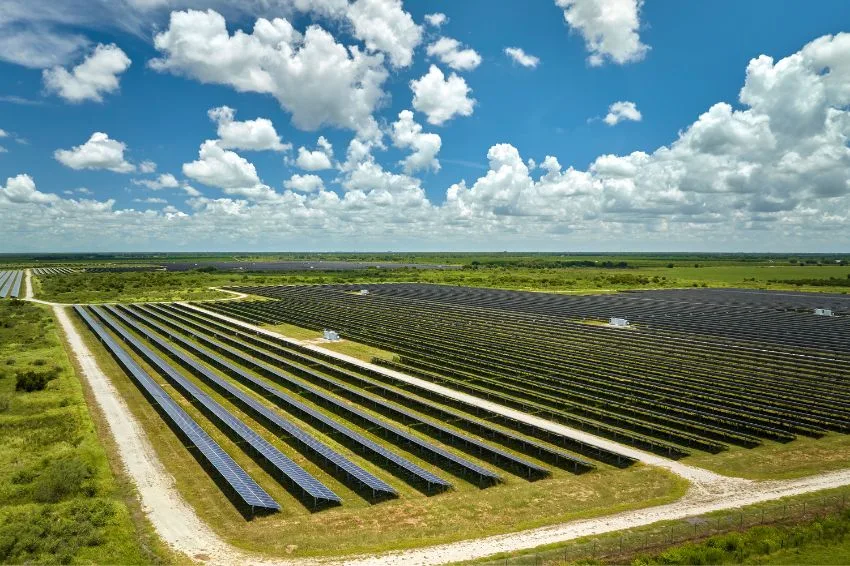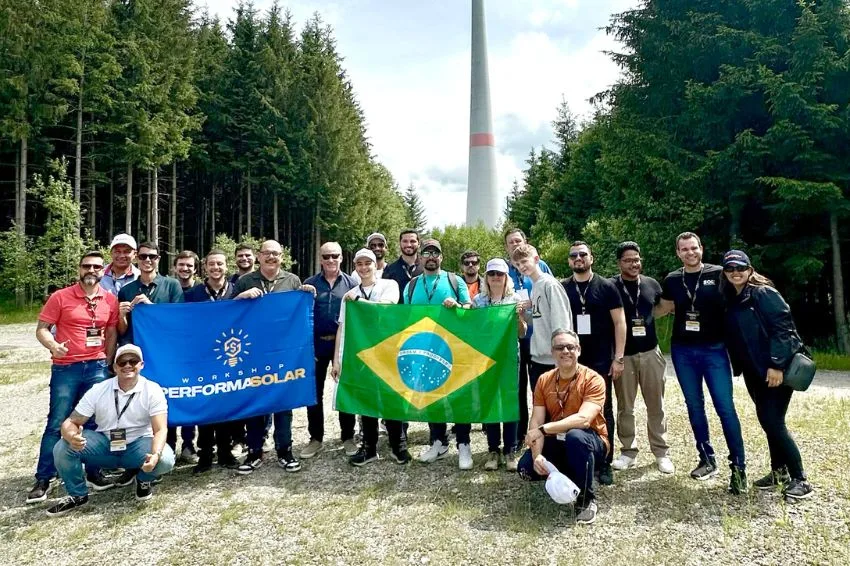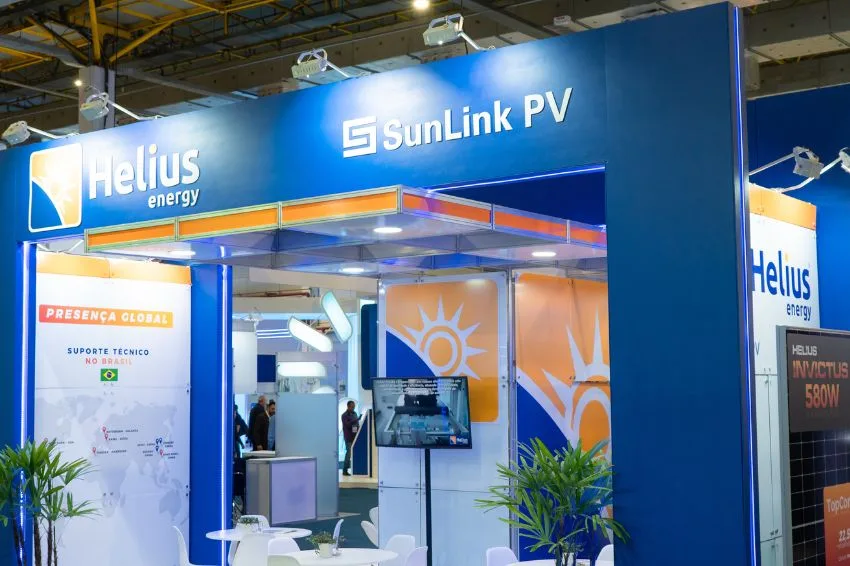Around 15 shipping companies have halted navigation along the Red Sea due to attacks by the Houthi militia who, in support of the terrorist group Hamas, have prevented the transit of ships in the region that are supposedly destined for Israel.
Companies like Hapag-Lloyd, Maresk, Evergreen Line, Mediterranean Shipping Company (MSC) and CMA CGM are among the companies.
Attacks in the Red Sea attributed to the Houthi, a Yemeni rebel group, have been a significant concern in the region. The Houthi are known for carrying out attacks against ships, including oil tankers, using tactics such as the use of drones and missiles.
These attacks in the Red Sea have a direct impact on shipping lanes vital to global trade due to its strategic location, connecting the Indian Ocean to the Mediterranean Sea. Furthermore, the escalation of hostilities in the Red Sea increases geopolitical tensions in the region.
Cargo ships sail in the Red Sea on their way to the Gulf of Aden and the Suez Canal, which connects Asian and European markets without the need to go around Africa. About 10% to 15% of world trade passes through the Red Sea.
A global operation led by the United States and allies seeks to establish security in the region, called Operation Prosperity Guardian. The giant Maersk had even announced the resumption of activities in the Red Sea after having suspended operations.
On December 31, the US army said it sank three Houthi rebel boats and killed ten of them in response to attacks on a Danish shipping vessel.
The US Navy responded to a call for assistance from a Danish-owned cargo ship that was attacked twice in 24 hours while sailing in the Red Sea.
After these new attacks, the Danish company Maersk announced last Tuesday (2) that it had once again decided to interrupt maritime transport through the Red Sea for an indefinite period.
You Houthis are rebels who control part of Yemen. For two months they have been attacking several ships with rockets and drones. The Houthis support Hamas in the war against Israel. According to the US, these attacks are entirely made possible by Iran.
But how can all this affect the photovoltaic sector in Brazil?
O Solar Channel talked to Vinicio Jesus, from the commercial department of Blu Logistics Brasil, to find out the answer to this question. According to the expert, there will be an impact on freight and the delivery time of goods.
O shipping cost at the end of November it was US$ 2 thousand to US$ 2.2 thousand on the Asia-Brazil route and is rising to US$ 2.9 thousand to US$ 3.2 thousand.
Despite the great solar panel manufacturers use the direct Asia-Brazil route, which normally has a transit time from 34 to 38 days, smaller distributors and importers end up opting for the route via Europe, which has a transit time longer (45-60 days) but lower cost.
However, this cost difference between routes has decreased due to the interruption of passage through the Suez Canal. Unable to pass through the Suez Canal, the ships need to turn around South Africa, which increases the transit time in 15 to 20 days.
The solar sector works with planning and a change in the arrival time of goods and shipping costs can impact equipment prices and deadlines for large solar energy projects.
Some manufacturers are choosing to delay expected shipments that the navigation conditions in the Red Sea become normalized. However, Jesus warns that anyone who does not load in January will only be able to board in March, as February has the chinese holiday.
“Like the pandemic, from July to August 2020, we saw a shift in the market. Now we are seeing another market shift,” he said.
All content on Canal Solar is protected by copyright law, and partial or total reproduction of this site in any medium is expressly prohibited. If you are interested in collaborating or reusing some of our material, we ask that you contact us via email: [email protected].


